Additional notes (click to expand)
Medicinal
Oenothera macrocarpa Nutt. Onagraceae. Ozark Sundrops, Bigfruit Evening Primrose. Formerly O. misssouriensis. Distribution: South central USA. O. macrocarpa does not appear to have been used medicinally, but other species are so used. Austin (2004) records that O. biennis (Evening Primrose) was used by Native Americans as a potherb in West Virginia. Leaves as salad, roots boiled like potato also infusion to treat obesity and relieve piles (Cherokee); piles and boils (Iroquois); as a poultice on bruises (Ojibwa). Milspaugh (1974) records in Native American usage that the young roots of O. biennis were edible, pickled or boiled. Applied externally for skin eruptions in children. Later, for asthma, pertussis, gastric irritation, irritable bladder, chronic diarrhoea. He reports that toxicity effects include vertigo, inability to sit or stand, semi-coma, weakness and peripheral numbness, rigors, abdominal cramps, exhaustion, incontinence. It is rich in gamma linoleic acid and this, Primrose oil, was alleged to cure many diseases especially eczema but was found to be no better than placebo in a Cochrane review (Bamford et al, 2013) of Primrose oil capsules. Short term there are gastrointestinal side effects, long term use carries the risk of inflammation, thrombosis and immunosuppression.
Oakeley, Dr. Henry F. (2013). Wellcome Library notes.
link
Nomenclature
Oenothera macrocarpa Nutt. Onagraceae. Ozark Sundrops, Bigfruit Evening Primrose. Formerly O. misssouriensis
Oakeley, Dr. Henry F. (2013). Wellcome Library notes.
link
Oenothera macrocarpa Nutt.
Family: ONAGRACEAEGenus: Oenothera
Species: macrocarpa Nutt.
Common names: Ozark Sundrops
Distribution summary: C.& S.E. U.S.A
Habit: Perennial
Garden status: Currently grown
Garden location: North America (A), North America (A)
Reason for growing: Other use
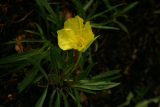
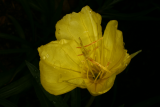
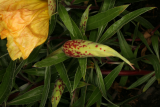
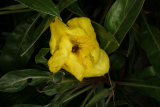
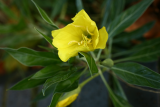
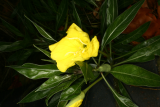
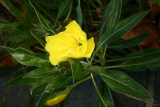
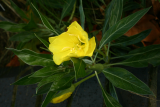
.JPG)
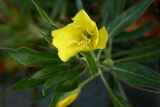
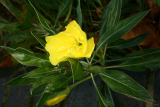
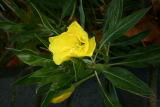
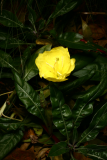
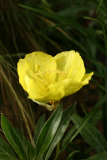
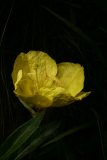
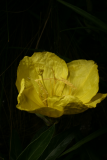
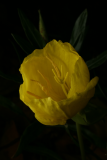
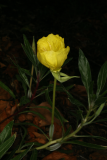
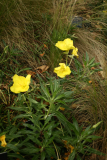
.JPG)
.JPG)
.JPG)
.JPG)
.JPG)
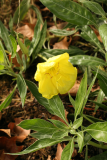
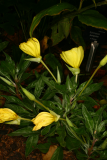
.JPG)
.JPG)